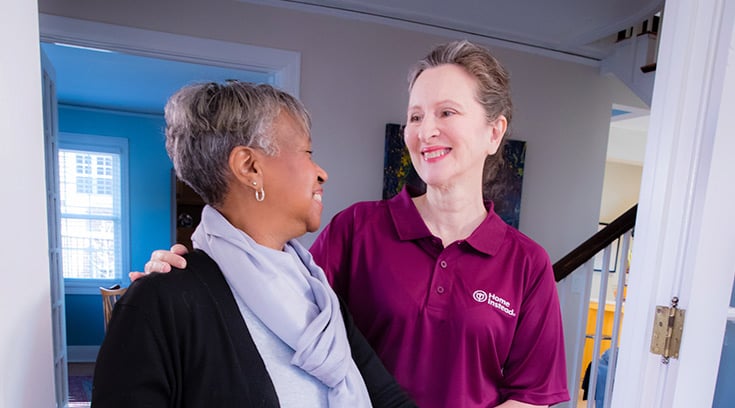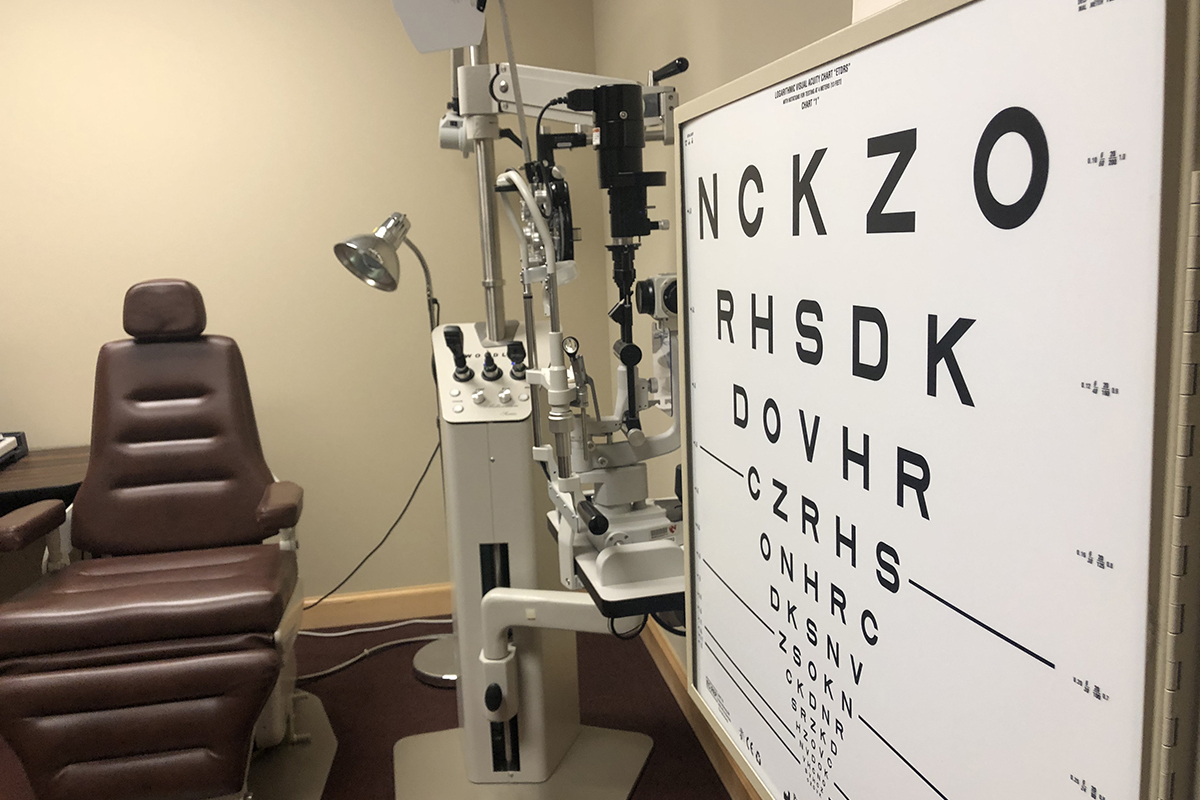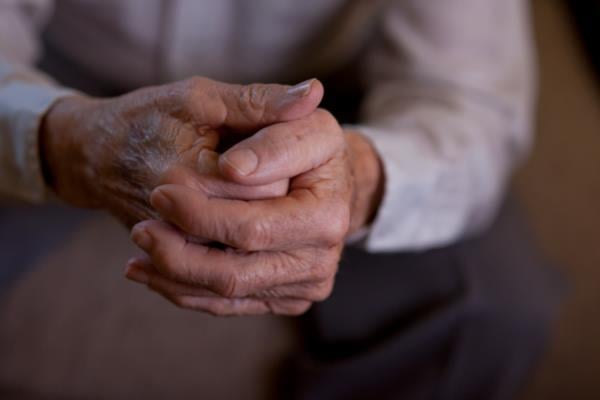Losing sight can be a potentially devastating condition, as Home Instead Care Professional Linda discovered while assisting a blind individual for nearly two years. Linda said: “He has had bad days, but I cheer him up. He gets around the house OK, but he said he’d give anything if he could see. I think so much of him and his courage. I told him, ‘If I could trade my eyes for yours, I would.’”
The number of older Americans with visual impairment or blindness is expected to double by 2020. “Cataracts and macular degeneration have a profound effect on the quality of life of patients and caregivers, particularly as these diseases progress,” said Dr. Preeti Subramanian, who oversees research programs for these two conditions at Bright Focus Foundation. “Navigating day-to-day life becomes challenging as driving, reading and mobility are affected in these individuals.”
The risks of vision:
Vision loss has a significant impact on the lives of those who experience it as well as on their families, their friends, and society, according to the National Institutes of Health.
- Vision loss can affect one’s quality of life, independence and mobility. It has been linked to falls, injury, and worsening of mental health, cognition, social function, employment, and educational attainment.
- Medication side effects also can be a factor. Always check with your doctor about the possible side effects of the drugs and, if eye issues are among them, be sure to have eyes checked regularly.
Practical tips for vision loss:
It only takes a little imagination to keep older adults engaged. Home Instead Care Pro Glenna took note that her client, who is nearly blind, loved to hear someone read the newspaper to her. “The older adult likes ‘Dear Abby,’ so I asked her to answer the ‘Dear Abby’ questions, and we call it, ‘Dear Barbara,’ her first name. I read the question, and she responds,” Glenna said. “It is interesting to hear answers from an 87-year-old’s point of view.”
Following are suggestions from Bright Focus’ Dr. Subramanian and Linda Sakowski M.ED, COA, ophthalmic associate at the Weigel Williamson Center for Visual Rehabilitation, University of Nebraska Medical Center:
- Accentuate light and dark contrasts. For example, avoid placing light foods such as mashed potatoes and chicken on white plates.
- Improve lighting throughout the house, particularly in bedrooms, kitchens and bathrooms, and on stairs. Consider supplemental lighting, such as a lamp, in high-use areas such as on kitchen counter tops.
- Reduce glare by adding window coverings or window film.
- Use large print and magnifying glasses to read, cook and take medications.
- Take advantage of electronic and audio products. And check out these iOS apps and Android apps for individuals with low or no vision.
Solutions for vision loss:
- Researchers at Bright Focus Foundation are studying optic nerve regeneration to restore vision in glaucoma patients, Dr. Subramanian noted. Clinical trials for certain types of macular degeneration will strive to bring breakthroughs in treatment options.
- Gene replacement or gene editing strategies could potentially reverse vision loss and lead to close to normal visual outcomes.
Check out this vision loss simulator to discover what it’s like to bake Grandma’s favorite cookies if you have cataracts.
In-Home Care for Chronic Conditions





